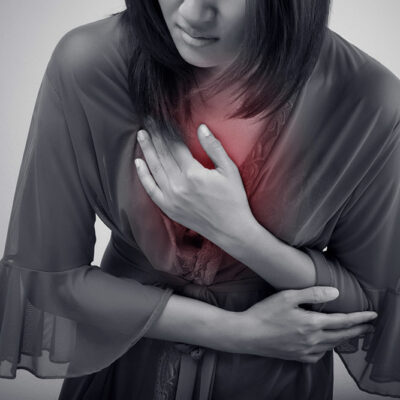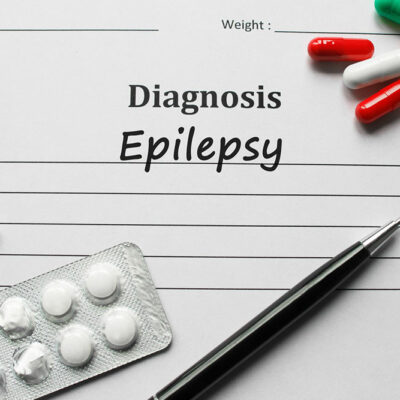
Digestive Health
Effective methods for treating kidney disease
Every part of the body has to perform a vital function that contributes to maintaining our overall health. There are certain external factors that affect the functioning of these organs and if left unchecked, they can cause gradual deterioration. One such condition that is known to affect 31 million people in the country and is the ninth leading cause of death is kidney disease. Kidney disease or chronic kidney disease is a condition that is characterized by the slow deterioration of the kidneys and gradual loss of kidney function. The kidneys are assigned the work of filtering wastes and excess fluids from the body which exit the body in the form of urine. Kidney disease impairs the kidney function and in advanced stages, the kidneys may stop working completely. The treatment for kidney disease depends on the underlying cause of the condition and usually involves different measures to control the signs and symptoms of the condition, reduce the complications that arise, and thereby, slow down the progression of the disease. The treatment options for kidney disease are as follows: Treating the cause Kidney disease is often collateral damage of other health conditions like diabetes or high blood pressure. So, in such cases, the treatment options usually focus on treating the underlying condition.
Read More 















